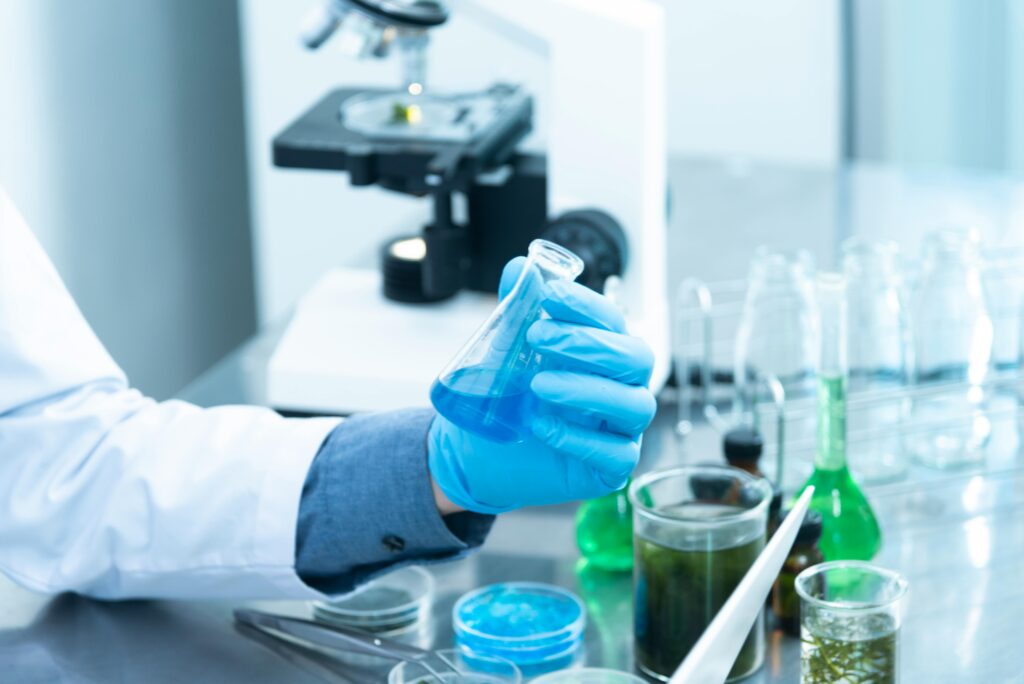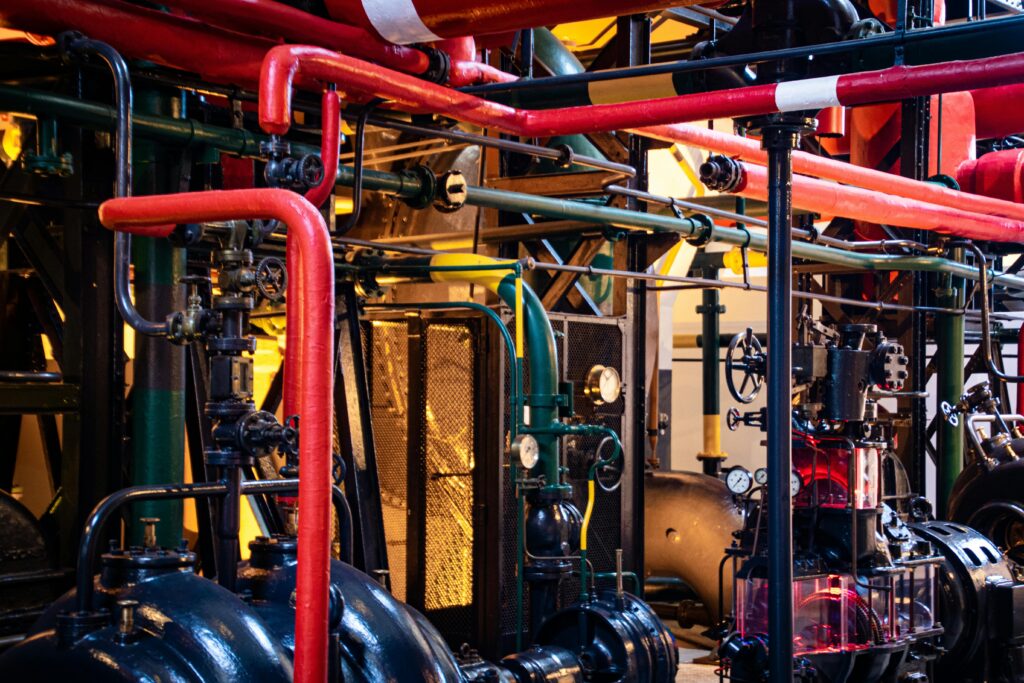Edit Content
Edit Content
Edit Content
Edit Content
Edit Content
Edit Content

The chemical sector is a diverse and critical industry that plays a significant role in various aspects of our daily lives. From the production of basic chemicals to the manufacturing of specialized compounds, this sector provides essential inputs for countless other industries, including pharmaceuticals, agriculture, construction, automotive, and electronics. Here are some key aspects of the chemicals sector:
The chemicals sector encompasses a wide range of substances, including:

Chemical production involves complex processes and the technology used can vary widely depending on the type of chemical being produced. Some common manufacturing methods include:
Environmental Concerns: The chemicals sector faces environmental challenges due to waste generation, energy consumption and emissions. As a result, there is increasing emphasis on sustainable practices, such as green chemistry, waste reduction, recycling and the development of eco-friendly products.
Research and Innovation: The chemical sector heavily invests in research and development to discover new chemicals, improve production processes and enhance product performance. Innovations in this industry often lead to advancements in other sectors, such as medicine, agriculture and electronics.
Global Market and Trade: Chemicals are traded internationally, and the sector has a substantial impact on global trade. Different regions specialize in the production of specific chemicals, and factors like availability of raw materials, cost of labor and regulatory environments influence market dynamics.

The chemicals sector is ever evolving, driven by technological advancements, changing consumer demands and environmental concerns. As society continues to prioritize sustainability and safety, industry will likely adapt by incorporating greener practices and developing eco-friendly alternatives to traditional chemicals.
Sectors
Chemicals
The chemical sector is a diverse and critical industry that plays a significant role in various aspects of our daily lives. From the production of basic chemicals to the manufacturing of specialized compounds, this sector provides essential inputs for countless other industries, including pharmaceuticals, agriculture, construction, automotive, and electronics. Here are some key aspects of the chemicals sector:
The chemicals sector encompasses a wide range of substances, including:
Chemical production involves complex processes and the technology used can vary widely depending on the type of chemical being produced. Some common manufacturing methods include:
Environmental Concerns: The chemicals sector faces environmental challenges due to waste generation, energy consumption and emissions. As a result, there is increasing emphasis on sustainable practices, such as green chemistry, waste reduction, recycling and the development of eco-friendly products.
Research and Innovation: The chemical sector heavily invests in research and development to discover new chemicals, improve production processes and enhance product performance. Innovations in this industry often lead to advancements in other sectors, such as medicine, agriculture and electronics.
Global Market and Trade: Chemicals are traded internationally, and the sector has a substantial impact on global trade. Different regions specialize in the production of specific chemicals, and factors like availability of raw materials, cost of labor and regulatory environments influence market dynamics.
The chemicals sector is ever evolving, driven by technological advancements, changing consumer demands and environmental concerns. As society continues to prioritize sustainability and safety, industry will likely adapt by incorporating greener practices and developing eco-friendly alternatives to traditional chemicals.
All your feedbacks and suggestions are welcome at [email protected], and we will be happy to assist you with any question!
Chandrawat & Partners is a prominent full-service firm dedicated to delivering top-tier professional services to clients both within the domestic and international spheres.
Copyright © Chandrawat & Partners. All Rights Reserved.
Copyright © Chandrawat & Partners. All Rights Reserved.
Chandrawat & Partners stands as a dynamic and rapidly expanding full-service firm, specializing in the delivery of exceptional professional and corporate services to a diverse clientele, both foreign and local. We proudly represent companies and individuals across a wide spectrum of sectors through distinct entities established in various countries worldwide.
Chandrawat & Partners stands as a dynamic and rapidly expanding full-service firm, specializing in the delivery of exceptional professional and corporate services to a diverse clientele, both foreign and local. We proudly represent companies and individuals across a wide spectrum of sectors through distinct entities established in various countries worldwide.
ASIA
AFRICA
EUROPE
NORTH AMERICA
SOUTH AMERICA
OCEANIA